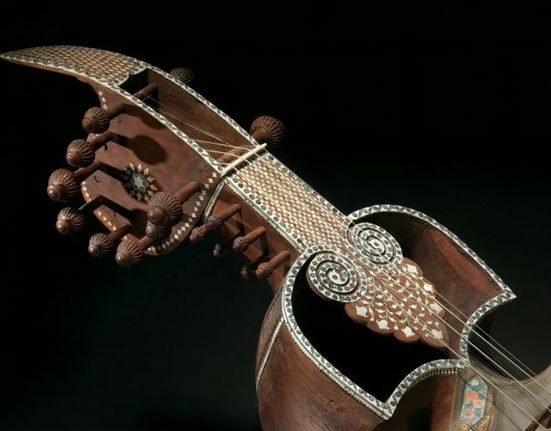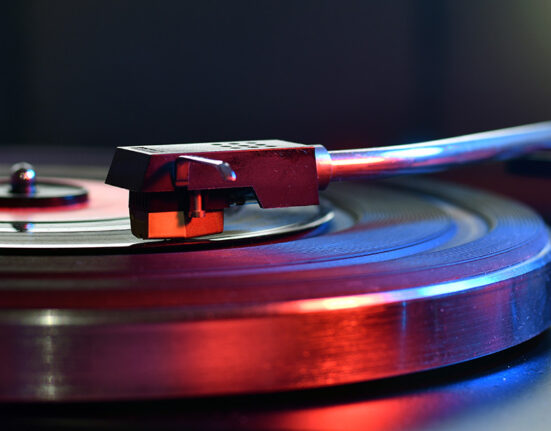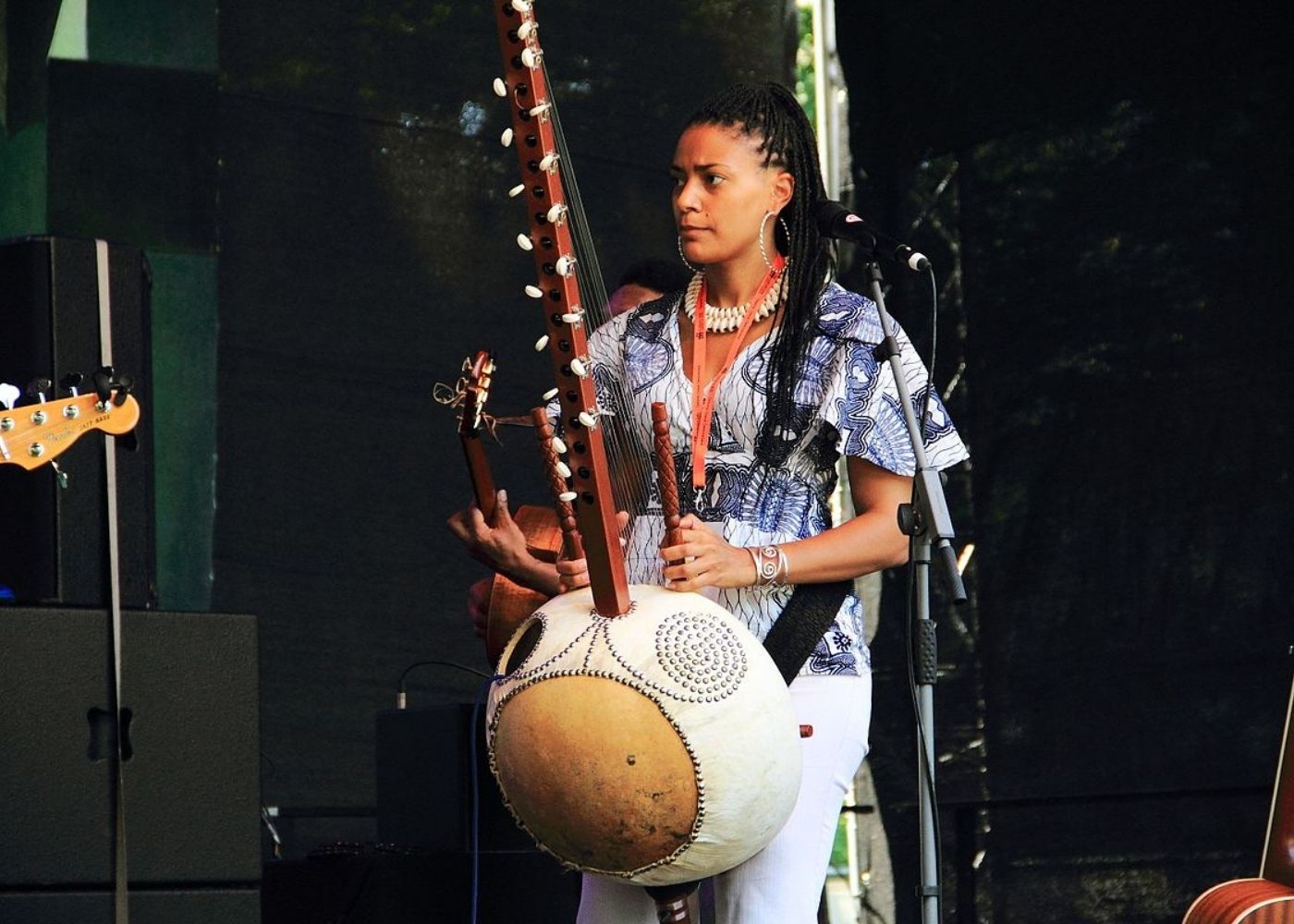Ever heard of an instrument whose 21 chords represent the life of a child? Well, it might sound absurd but that’s what the traditions say for the Kora. Let’s find out.
Phalguni Gupta | BeatCurry Team
The instrument is said to be the most complex string instrument. A native of The Gambia, Africa, the Kora is a harp/lute-like instrument with a huge spherical gourd resonator that sits in the lap of the cross-legged player, a neck that sticks straight up. The sound is a cross between a Spanish guitar and the kalimba (African thumb piano). The playing style very much resembles that of fingerpicking blues guitar, the placement of the strings allows for the playing of chords and harmonies and fast melodic runs.
The Kora was first said to be mentioned in literature by Mungo Park in Travels in the interior districts of West Africa as korri in the year 1799. The traditional kora, writes West African-music specialist Lucy Durán, was made by hand with materials from the West African savanna: a calabash gourd cut in half for the resonator: rosewood for the neck, handles and bridge; and cow or antelope leather for the sound table, tuning rings and strings. This instrument which has a centuries-old tradition and has been played at royal courts, where the musicians and griots belonged to the personnel, is found in all Mande cultures.
Having a big hemispherical body, Kora has a long neck and two planes with 11 and 10 strings running in notches at the sides of an upright mounted bridge. It is played by the Mandinka in Gambia, the Malinke or Maninka in Guinée, the Bambara or Bamana in Mali, Senegal and Guinea Bissau, and the Dioula in Côte d’Ivoire (Ivory Coast). Specifically, it holds great importance for social life in Gambia and Casamance. (South Senegal)
Let’s take a closer look into the relaxing Kora sounds:
Even the Jazz giant Herbie Hancock collaborated with Foday Musa Suso, a giot whose main accompaniment is Kora. Having been rooted in different cultures and traditions, both musicians came up with an album called ‘Village life’ where Suso can be heard on the kora and talking drum, while Hancock plays a Yamaha DX-1 synthesizer. He even joined Hancock for his 1984 international tour. What is said to draw the audience towards this harp-like instrument all around the world is its ancient-ness and connection to the “roots” of blackness.
Dwada Jobarteh, a Kora player from West Africa says listening to the strains of the 21-string lute-bridge-harp “one can’t help at times but feel called to the gods”. “I am very spiritual and the kora has been a part of my musical journey. Back home, every family has a traditional instrument and kora is our family’s music instrument,” as quoted by the New Indian Express. Today, Kora players can be found in subway stations in New York City, on stages in the largest music festivals across the U.K and internationally acclaimed shows like Cirque Du Soleil.
At BeatCurry, we respect and salute the legends who have carried forward the Kora, the pioneers who’ve kept this instrument and it’s traditions alive, and at the same time propagated and inspired generations of players. Here are some of their names:
Toumani Diabaté, a Malian Kora player is considered one of the greatest players of this instrument. His father was known as “The king of Kora” An instrument that so closely intervened in the African culture made it to the music scene because of its players who took it to the international stage. Gambian korist Foday Musa Suso who moved to the U.S. in 1977, introduced the kora to Herbie Hancock and Philip Glass; Mory Konté, a Guinean player who worked his amplified kora into the disco world with his 1987 hit “Yé Ké Yé Ké” paving the way to a new approach to Guinean music. Senegalese performer Soriba Kouyaté who often used guitar pedals in performance with his kora at international jazz festivals in the 90s. Lamine Cissokho who was born in a traditional Kora playing family, now settled in Sweden is among the renowned players collaborating with cross border musicians and global genres, having performed in over 15 countries. Sona Jobarteh, belonging to the principal kora-playing griot families is the first female professional Kora player to have taken African traditional music this far.
If you’d like to know about the unique and versatile forms and flavours of music,
Log on to www.beatcurry.com, subscribe and never miss another update from us.







